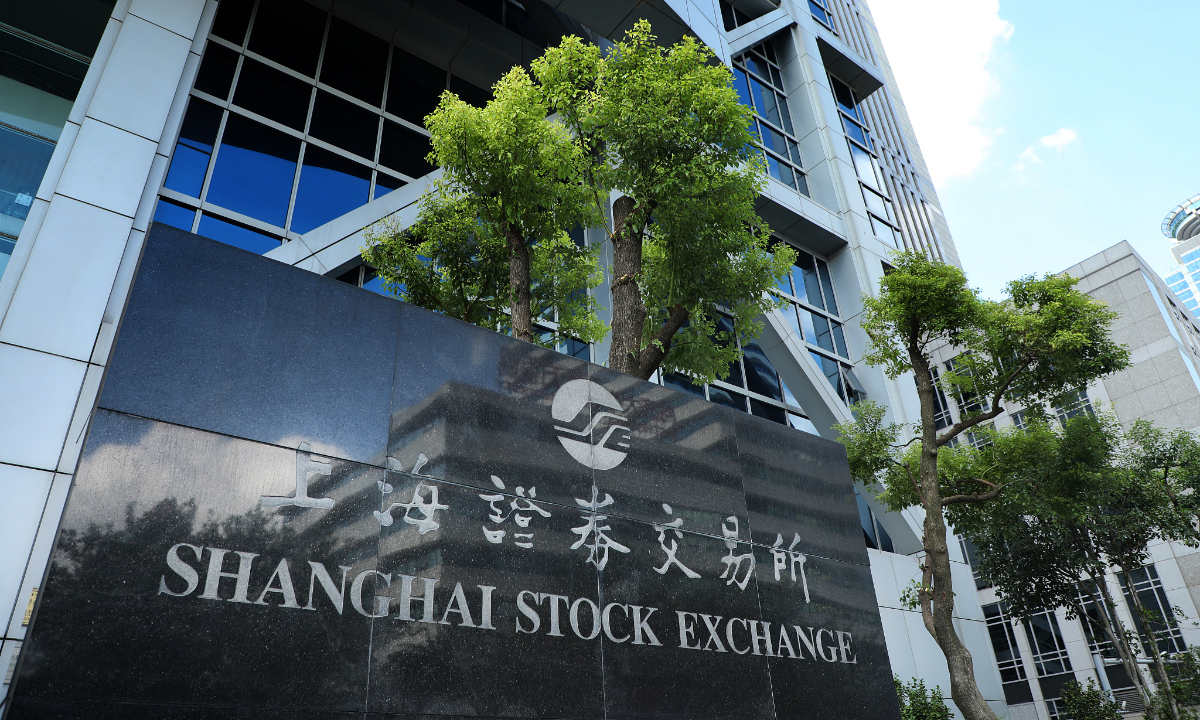Xi Jinping’s Vision for China’s Stock Market: A Government-Controlled Market
Chinese President Xi Jinping is taking increasing control of China’s stock market, as part of his broader effort to consolidate power over all aspects of the Chinese economy.
Xi has signaled his intention to take control of the stock market in a number of ways. In 2015, he established the National Financial Work Commission, a powerful body that he chairs and that oversees all aspects of China’s financial system. The commission has since issued a number of directives to the stock exchanges and regulators, aimed at increasing the government’s control over the market.
In 2017, Xi Jinping launched a crackdown on shadow banking, a major source of funding for the stock market. The crackdown has made it more difficult and expensive for investors to borrow money to buy stocks.

Xi has also appointed a number of loyalists to key positions in the stock market regulatory bodies. These regulators have taken a number of steps to tighten their grip on the market, including increasing scrutiny of new listings and IPOs, and cracking down on insider trading and other forms of market manipulation. Xi’s efforts to take control of the stock market have been successful in some respects. The market has become more stable and less volatile since Xi took power. However, the government’s increased control over the market has also made it less attractive to investors. The market has underperformed other major markets in recent years, and foreign investors have been pulling out of the market.

Why Xi Jinping is taking control of the stock market
There are a number of reasons why Xi Jinping is taking control of the stock market. One reason is to prevent stock market crashes, which could damage the economy and undermine the legitimacy of the Communist Party. Another reason is to ensure that the stock market is used to support the government’s economic priorities. For example, the government may want to use the stock market to raise capital for state-owned enterprises or to boost investment in certain sectors of the economy.
Xi’s efforts to take control of the stock market are part of his broader effort to consolidate power and create a more centralized and authoritarian form of government. Xi has also taken steps to increase the government’s control over other sectors of the economy, such as the technology sector and the private sector.

It remains to be seen how Xi’s efforts to take control of the stock market will play out in the long term. On the one hand, the government’s increased control over the market could make it more stable and predictable. On the other hand, the government’s intervention could also make the market less efficient and less attractive to investors.
Latest News
- Pakistan Navy’s SSG commando recovered the body of a drowned tourist

- WHEN ALGORITHMS TURN AGAINST US(ETHICAL LANDSCAPE OF AI)

- The outstanding services of the Christian Community in the fields of development, education and health

- USD to PKR Today – US Dollar to Pakistani Rupee Today 18 March, 2024

- Gold Rate in Pakistan Today – 18 March, 2024

- CAD to PKR Today – Canadian Dollar to Pakistani Rupee Today 18 March, 2024








